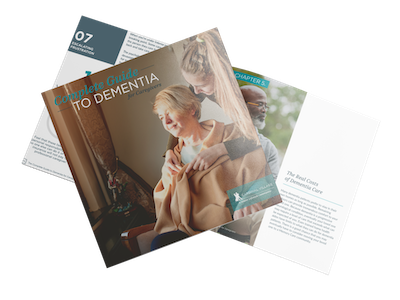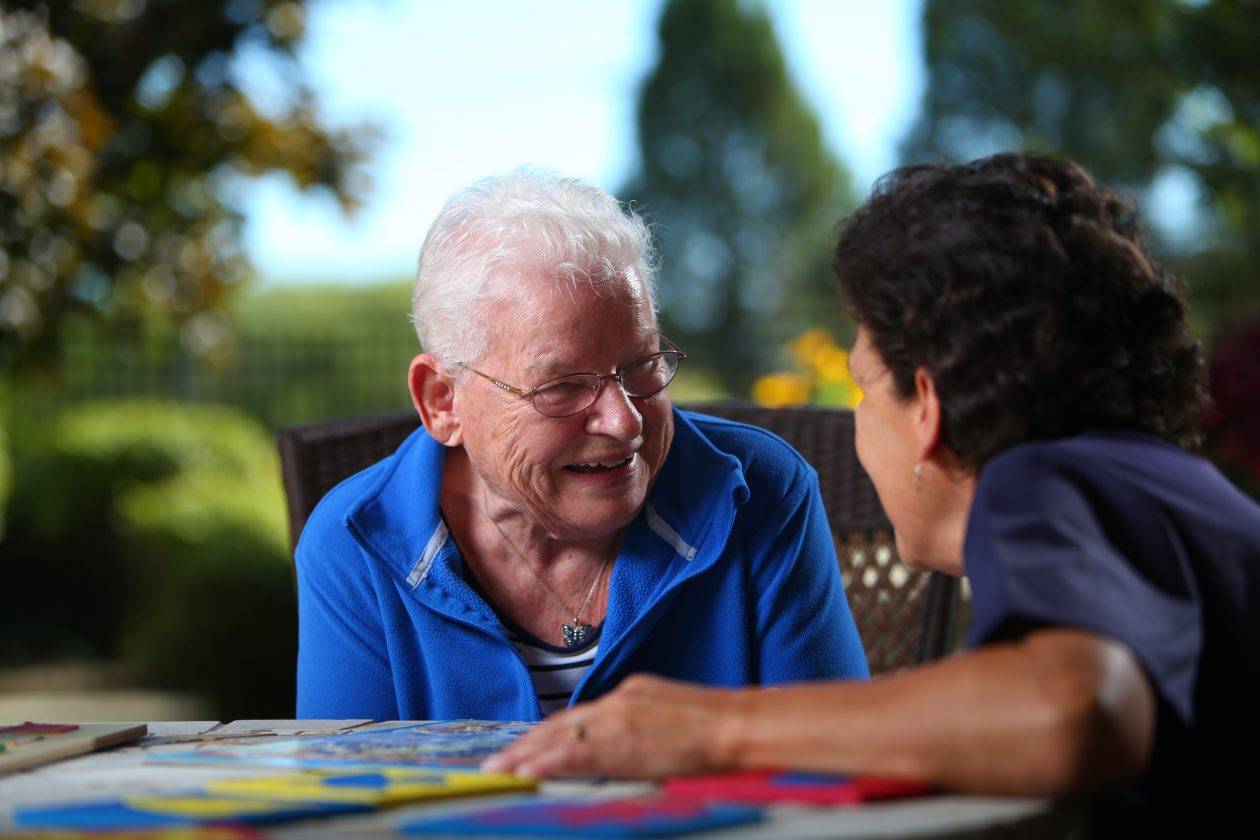November is designated as National Caregiver Appreciation Month, a time to honor the people who give freely of their time and resources in the service of others. At any given time in the United States, it is estimated that around 50 million people are providing care for an aging family member or friend, or a loved one with a chronic disease or disability. Many of these caregivers, especially those providing care for a spouse or significant other, are singlehandedly managing the spectrum of caregiving, from transportation to medication management, with no medical background or training. At Senior Lifestyle we recognize that caregiving, while fulfilling, is also highly physically, emotionally and mentally stressful and can be profoundly frustrating, even for those with medical training.
Caregiver burnout is a very real risk for those who provide care for others. Ironically, caregivers are often unable to see the signs of caregiver stress in themselves; the indicators of emotional fatigue on the caregiver may be noticed first by a medical provider, another family member or a friend. The following signs may be subtle, but should be heeded:
- Feelings of depression and isolation.
- A sense of ongoing and constant fatigue.
- Decreasing interest in work.
- Withdrawal from social contacts.
- Increase in use of stimulants and alcohol.
- Change in eating and sleeping patterns.
- Feelings of helplessness.

Download the Complete Guide to Dementia for Caregivers
Taking care of a loved one with dementia can be more than challenging. Read our eBook, “The Complete Guide to Dementia for Caregivers” which offers everything you need to know about caring for your loved one.
Download the GuideWhile recognizing signs of caregiver burnout is important, taking steps to combat burnout is equally vital to maintaining health and the ability to continue caring for a loved one. Tips to combat caregiver stress:
- Consult with professionals to explore burnout issues.
- Attend a support group to receive feedback and coping strategies.
- Vary the focus of caregiving responsibilities if possible (rotate responsibilities with family members.)
- Exercise daily and maintain a healthy diet.
- Accept help when it is offered. While many people are unable to perform as a primary caregiver, they can take on other vital duties such as grocery shopping or errands.
- Stay involved in hobbies.
The role caregivers play in their loved ones’ health and comfort is a significant one, a responsibility that can take a toll on the caregiver’s health. With support and self-care, caregiving is more manageable and enjoyable for everyone involved. At the same time, it is imperative to know one’s limit when providing care. Consulting with a trusted medical professional is always recommended to gauge this properly, and when care can no longer be managed at home on a full-time basis, caregivers need to be aware of resources in their area such as respite care, adult day centers and senior living communities. Senior Lifestyle communities provide respite care as well as assisted living and memory care and our trained community specialists are available to help families navigate the transition to senior living when the need arises. To learn more about senior care options in your area, please visit our website at www.seniorlifestyle.com.

